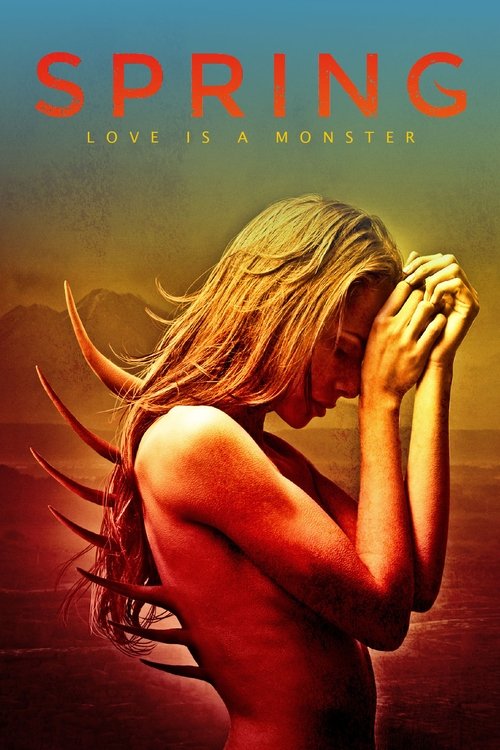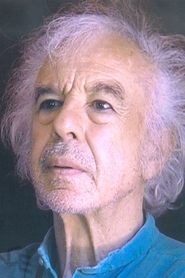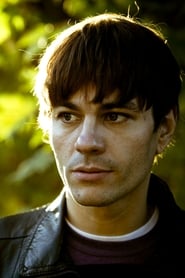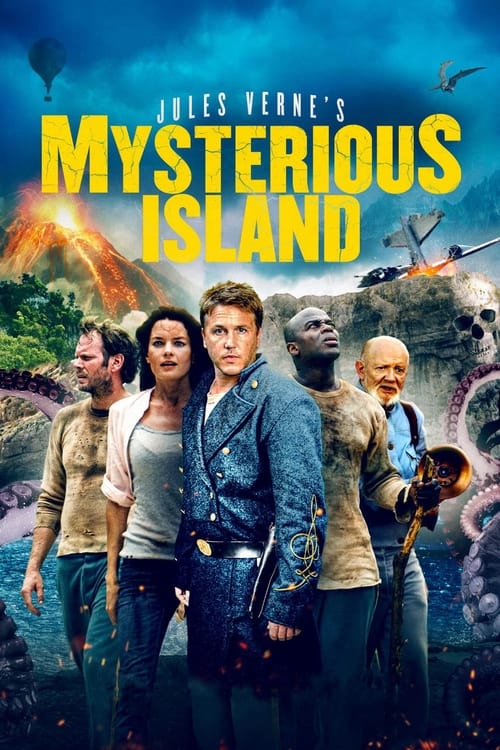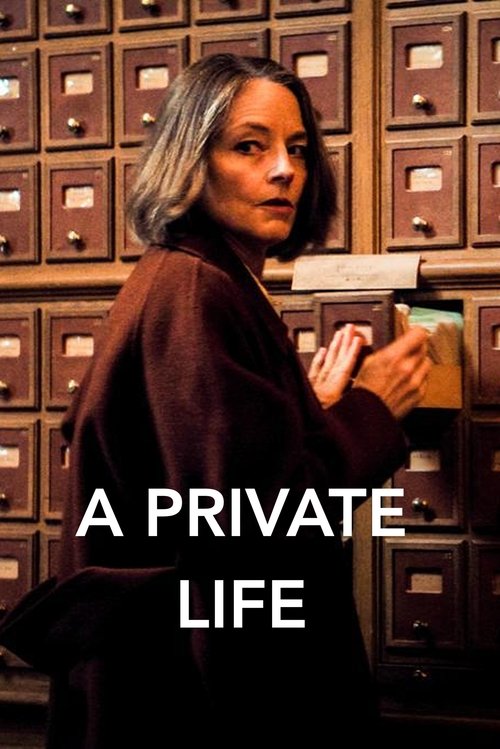
Ask Your Own Question
What is the plot?
What is the ending?
In the ending of "Spring," Evan confronts the reality of his relationship with Louise, who reveals her true nature. After a tense moment, Evan decides to leave, but he ultimately returns to her, accepting her for who she is. The film concludes with a sense of ambiguity about their future together.
As the film approaches its conclusion, Evan and Louise find themselves in a secluded area near the Italian coast, where the beauty of the landscape contrasts sharply with the emotional turmoil brewing between them. The sun sets, casting a warm glow over the scene, but the atmosphere is thick with tension. Evan, having learned more about Louise's mysterious and dangerous nature, grapples with his feelings for her. He is torn between his deep affection and the fear of what she truly is.
In a pivotal scene, Louise reveals her secret to Evan. She explains that she is not entirely human; she has the ability to transform and has lived for centuries, experiencing the world in ways that are both beautiful and tragic. This revelation is met with a mix of awe and horror from Evan. He struggles to process the implications of her existence, feeling both drawn to her and repelled by the danger she represents.
As the conversation deepens, Evan's internal conflict becomes palpable. He loves Louise, but the weight of her truth looms over him like a dark cloud. He questions whether he can accept her for who she is, or if he must walk away to protect himself. The emotional stakes are high, and the tension between them is almost unbearable.
In a moment of vulnerability, Evan steps away, needing space to think. He walks along the rocky shore, the waves crashing against the rocks mirroring the turmoil in his heart. He reflects on their time together, the beauty of their connection, and the fear of losing her. The camera captures his isolation against the vastness of the ocean, emphasizing his internal struggle.
After a period of contemplation, Evan makes a choice. He returns to Louise, who is waiting for him, her expression a mix of hope and uncertainty. In this moment, he decides to embrace the unknown, accepting her for who she is, despite the risks involved. Their reunion is charged with emotion, a blend of love, fear, and acceptance.
The film concludes with a lingering shot of the two of them together, silhouetted against the fading light of the sunset. The ambiguity of their future hangs in the air, leaving the audience to ponder the complexities of love, acceptance, and the nature of existence. Evan and Louise stand together, united in their choice, but the uncertainty of what lies ahead remains palpable. The screen fades to black, leaving their fate open to interpretation, yet filled with a sense of hope amidst the unknown.
Is there a post-credit scene?
In the movie "Spring," produced in 2014, there is no post-credit scene. The film concludes with a poignant ending that leaves viewers reflecting on the themes of love, transformation, and the cyclical nature of life. After the climax, where the protagonist, Evan, confronts the reality of his relationship with Louise, the film wraps up without any additional scenes or content during or after the credits. The focus remains on the emotional journey of the characters rather than extending the narrative further.
What is the significance of the setting in Italy for the characters in Spring?
The setting in Italy plays a crucial role in the film, as it serves as a backdrop for both the beauty and the mystery of the story. The picturesque coastal town of Polignano a Mare reflects the romantic and transformative journey of the protagonist, Evan. The vibrant landscapes and the rich cultural atmosphere create a sense of wonder and possibility, mirroring Evan's emotional state as he navigates his grief and seeks new beginnings. The setting also enhances the supernatural elements of the story, as the ancient history of the town intertwines with the character of Louise.
How does Evan's character evolve throughout the film?
Evan begins as a young man grappling with the recent loss of his mother, feeling lost and directionless. His journey to Italy represents a search for healing and self-discovery. As he meets Louise, he is drawn to her enigmatic nature and beauty, which sparks a sense of hope and desire within him. Throughout the film, Evan's character evolves from a state of mourning and isolation to one of acceptance and love. He learns to confront his fears and embrace the unknown, ultimately leading to a deeper understanding of life and relationships.
What is the nature of Louise's transformation and her backstory?
Louise is revealed to be a centuries-old woman who undergoes a transformation every few decades, shifting between human and monstrous forms. Her backstory is steeped in tragedy, as she was cursed to live this dual existence after a traumatic event in her past. This transformation is tied to her emotional state and her connection to love and loss. Louise's struggle with her identity and the fear of hurting those she loves adds depth to her character, making her both a tragic figure and a source of fascination for Evan.
What role does the theme of love play in Evan and Louise's relationship?
The theme of love is central to Evan and Louise's relationship, serving as both a source of connection and conflict. Their love is passionate and intense, but it is also fraught with the challenges posed by Louise's monstrous nature and her fear of losing Evan. As they navigate their feelings for each other, the film explores the complexities of love, including the willingness to accept imperfections and the risks involved in opening oneself up to another person. Their relationship ultimately becomes a catalyst for both characters' growth, pushing them to confront their fears and desires.
How does the film depict the concept of mortality and rebirth?
The film intricately weaves the concepts of mortality and rebirth through its characters and their experiences. Evan's journey begins with the death of his mother, symbolizing the end of one chapter in his life. In contrast, Louise embodies the idea of rebirth, as her transformations allow her to experience life anew, albeit with the burden of her past. The juxtaposition of Evan's grief and Louise's cyclical existence highlights the transient nature of life and the possibility of renewal through love and acceptance. This theme is visually represented through the changing seasons and the vibrant landscapes of Italy, reinforcing the idea that life continues despite loss.
Is this family friendly?
"Spring," produced in 2014, is not considered family-friendly due to its mature themes and content. Here are some potentially objectionable or upsetting aspects that may affect children or sensitive viewers:
-
Graphic Violence: The film contains scenes of violence that may be disturbing, including moments where characters are harmed or face life-threatening situations.
-
Body Horror: There are elements of body transformation and horror that can be unsettling, particularly as they relate to the character's physical changes.
-
Sexual Content: The film features explicit sexual situations and nudity, which may not be appropriate for younger audiences.
-
Themes of Death and Loss: The narrative explores themes of mortality and existential dread, which could be heavy for sensitive viewers.
-
Emotional Turmoil: Characters experience intense emotional struggles, including grief and fear, which may resonate deeply and be upsetting.
Overall, the film's blend of horror, romance, and philosophical themes makes it more suitable for mature audiences.

